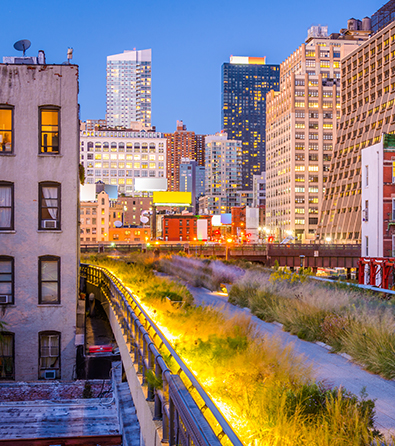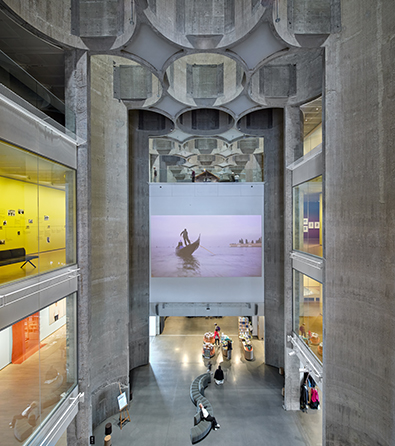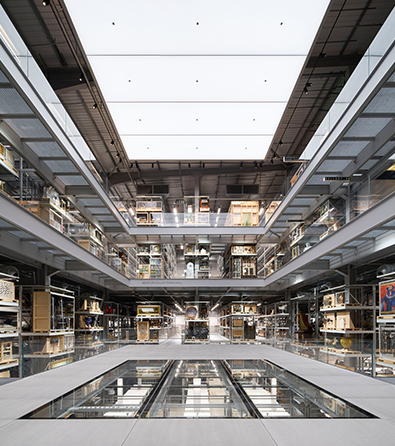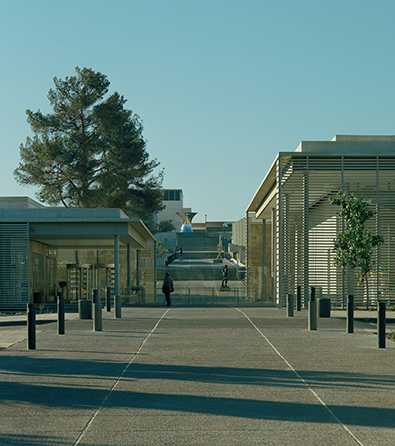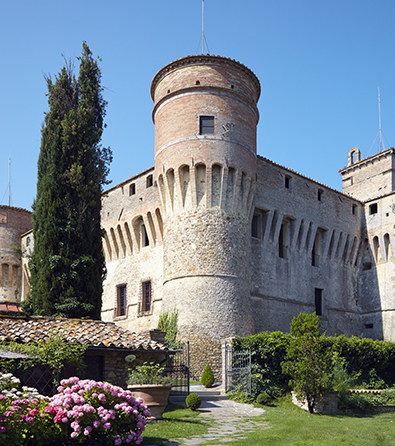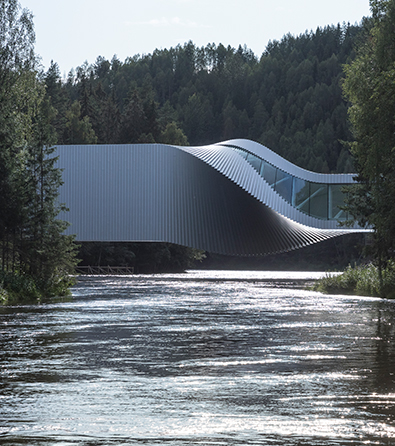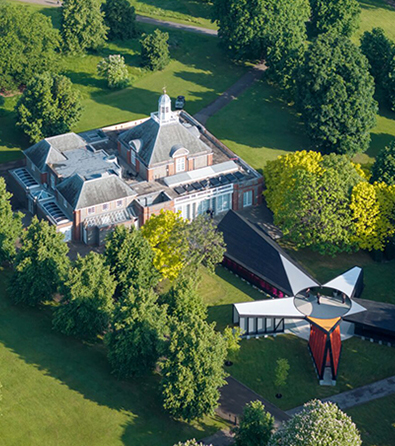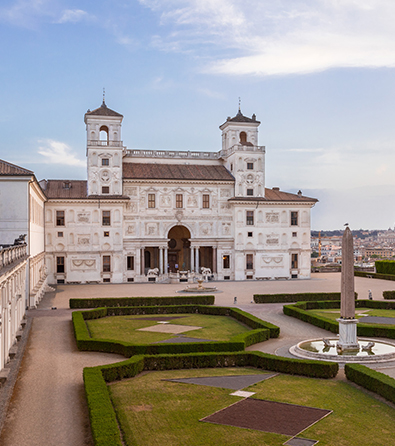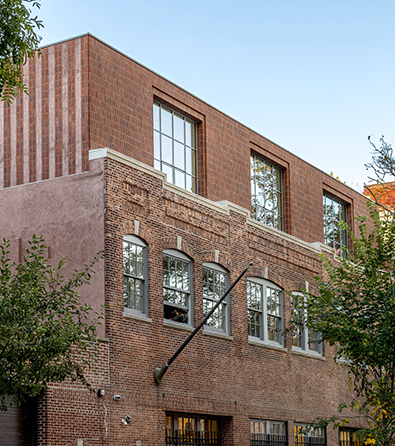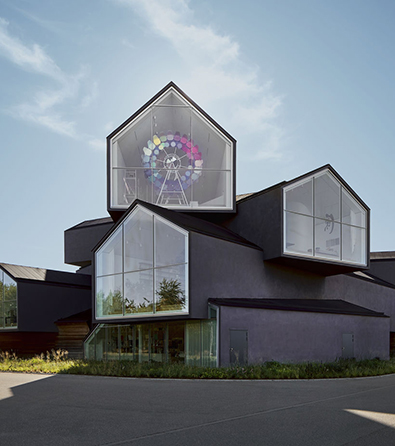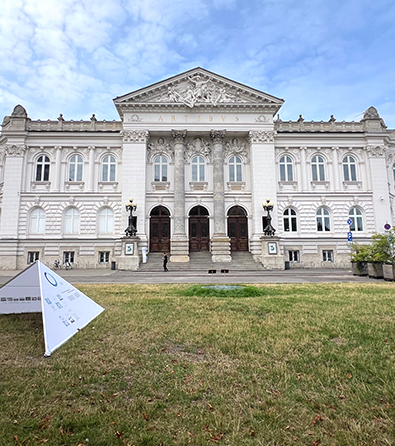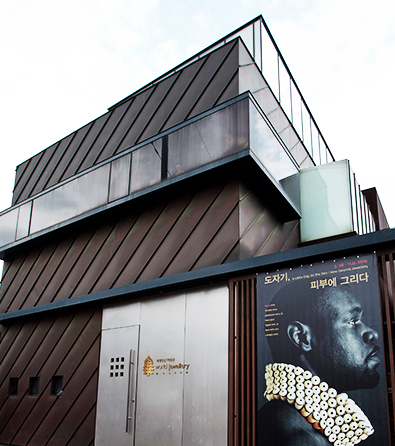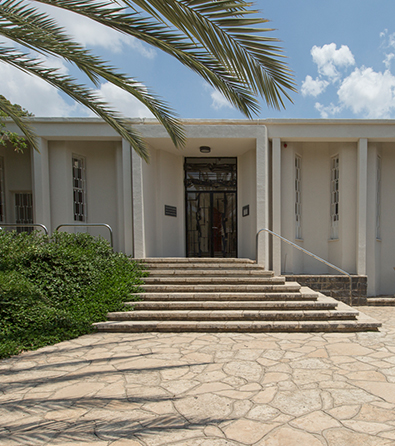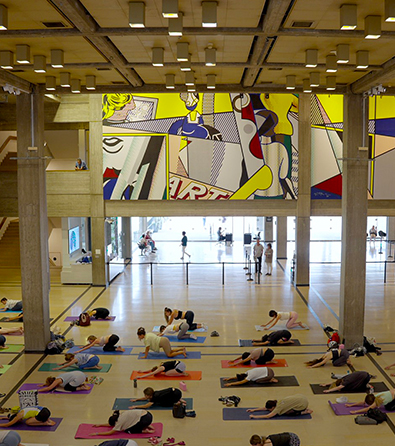The short film about Rijksakademie is available to watch at the top of the page.
* To watch this film, please approve YouTube/Vimeo cookies via the blue cookie icon at the bottom left of the screen.
The Rijksakademie, located in the heart of Amsterdam, serves as a powerful symbol of the enduring power of art and its transformative influence on society. Established in 1870 by King William III, this institution has evolved over the years, adapting to the changing tides of the art world while remaining steadfast in its commitment to nurturing artistic talent.
The Rijksakademie’s journey began as a classical academy, where it played a pivotal role in shaping the careers of renowned artists such as August Allebé, Hendrik Berlage, Piet Mondriaan, Constant, and Karel Appel. However, the 1980s marked a significant shift in its approach. The institution transitioned from traditional classrooms and teaching programs to a more individualized approach, emphasizing personal studios and fostering critical dialogue with advisors. This change was further amplified in the 1990s when the Rijksakademie expanded its horizons to welcome artists from across the globe, including Europe, Africa, Asia, Latin America, and the Middle East. This international perspective culminated in the establishment of its current two-year residency program, celebrated for its global reach, and multi-disciplinary approach.
In 1992, the Rijksakademie’s residency program moved from its original location at Stadhouderskade 86 to the historic Kavallerie-Kazerne building on Sarphatistraat. This transition was marked by a notable architectural redesign led by architect Koen van Velsen. Originally serving as a military barracks, the redesign transformed the building into a contemporary art institution, while retaining its architectural heritage and historical significance. Today, the Rijksakademie features exhibition spaces, individual artist studios, and specialized workshops spanning a range of artistic disciplines, from painting and ceramics to digital media, photography, and film.
For over a century and a half, the Rijksakademie has championed artistic innovation and progressive thought. Rooted in the belief that artists are pivotal to fostering an open and dynamic society, the institution wishes to create an environment where artists can flourish and continually reimagine the potential of art and its impact.
The Rijksakademie’s residency program is a melting pot of diverse artistic expressions. Housing up to 50 artists, it provides a platform for them to challenge their perspectives, collaborate with peers from different backgrounds, and venture into new artistic territories. Residents benefit from numerous opportunities for dialogue with their peers and an abundance of art professionals. They have access to state-of-the-art technical workshops, guided by specialists who encourage innovative and collaborative work. The institution also offers an expansive library and a historical art collection, serving as invaluable resources for research and inspiration.
The residency program spans two years, allowing artists ample time to immerse themselves in their work, engage with peers, and benefit from the vast resources the Rijksakademie has to offer. Residents are also supported financially. They receive a stipend to cover their living expenses. Additionally, a production budget is allocated to them, ensuring that financial constraints do not hinder their creative process.
The Rijksakademie seeks artists keen on pushing their craft’s boundaries. They value individuals who are eager to research, experiment, and produce groundbreaking new work. The institution appreciates artists who are open to interdisciplinary collaboration and are willing to challenge traditional working methods.
Visitors to the Rijksakademie can expect a vibrant and immersive experience. The annual Open Studios event allows artists to showcase their work, offering audiences a glimpse into their creative processes. Additionally, the Rijksakademie hosts lectures, performances, and screenings that delve into contemporary artistic practices and discussions.
The short film about Rijksakademie is available to watch at the top of the page.
For our comprehensive cultural guide to Amsterdam, please visit our website or refer to the designated link provided.


